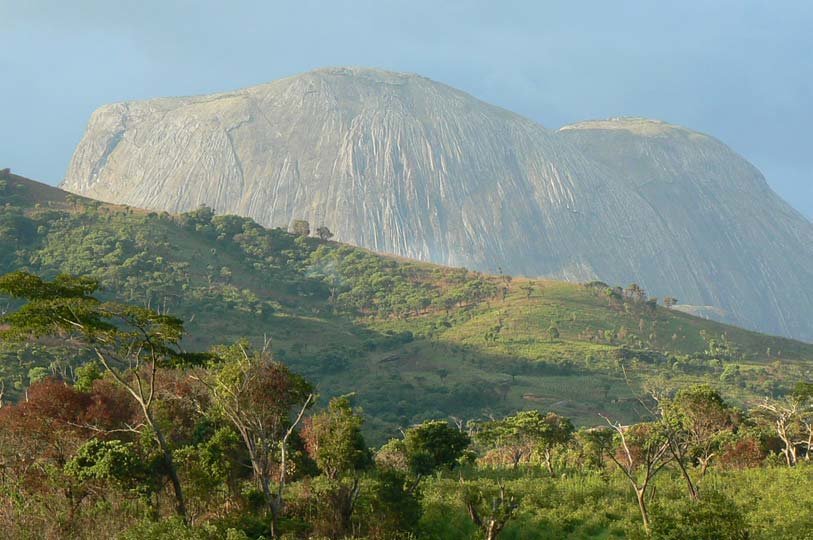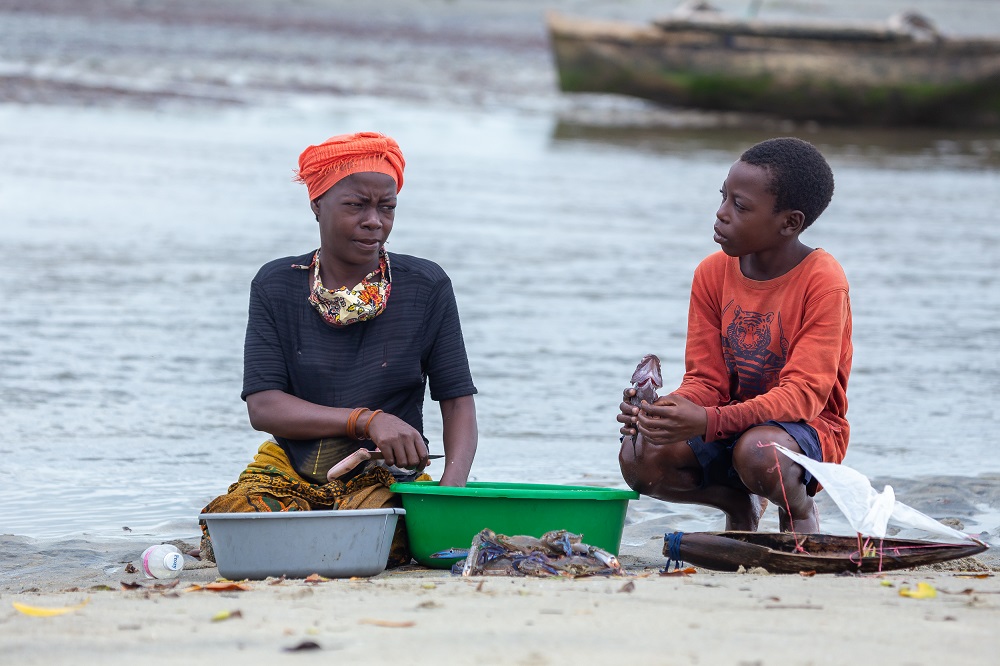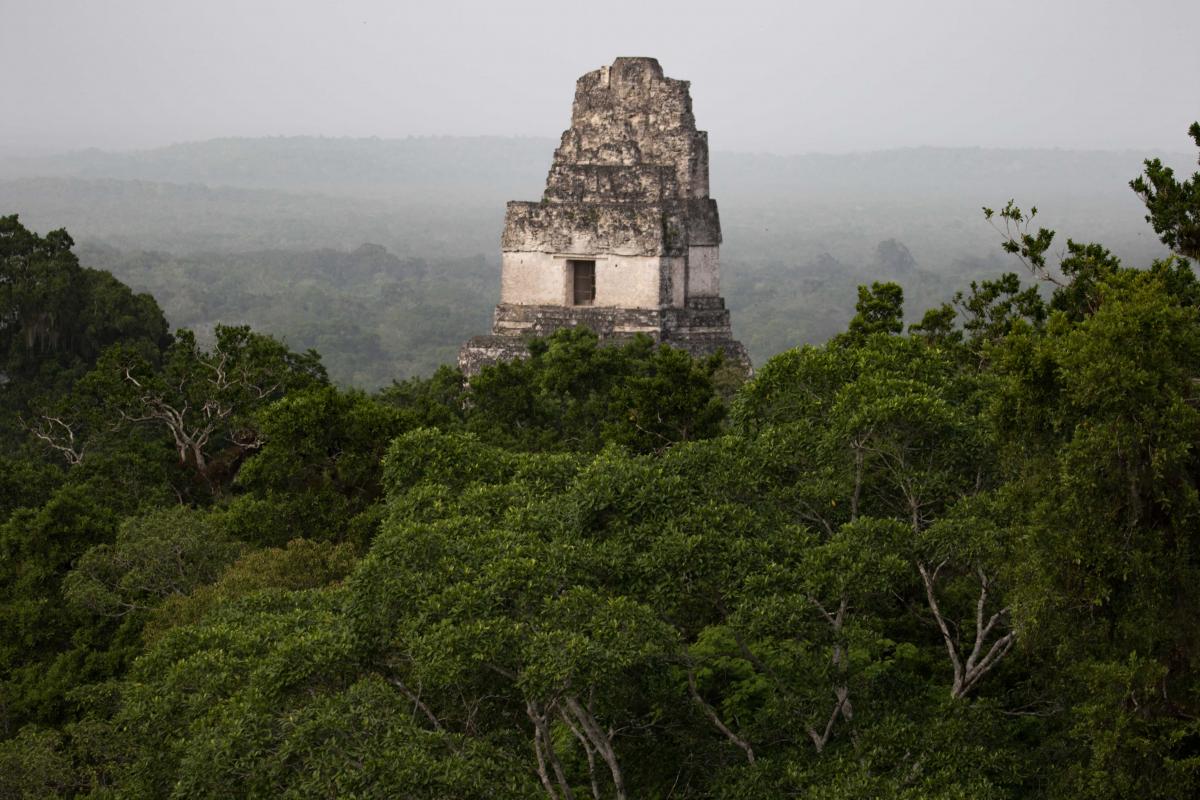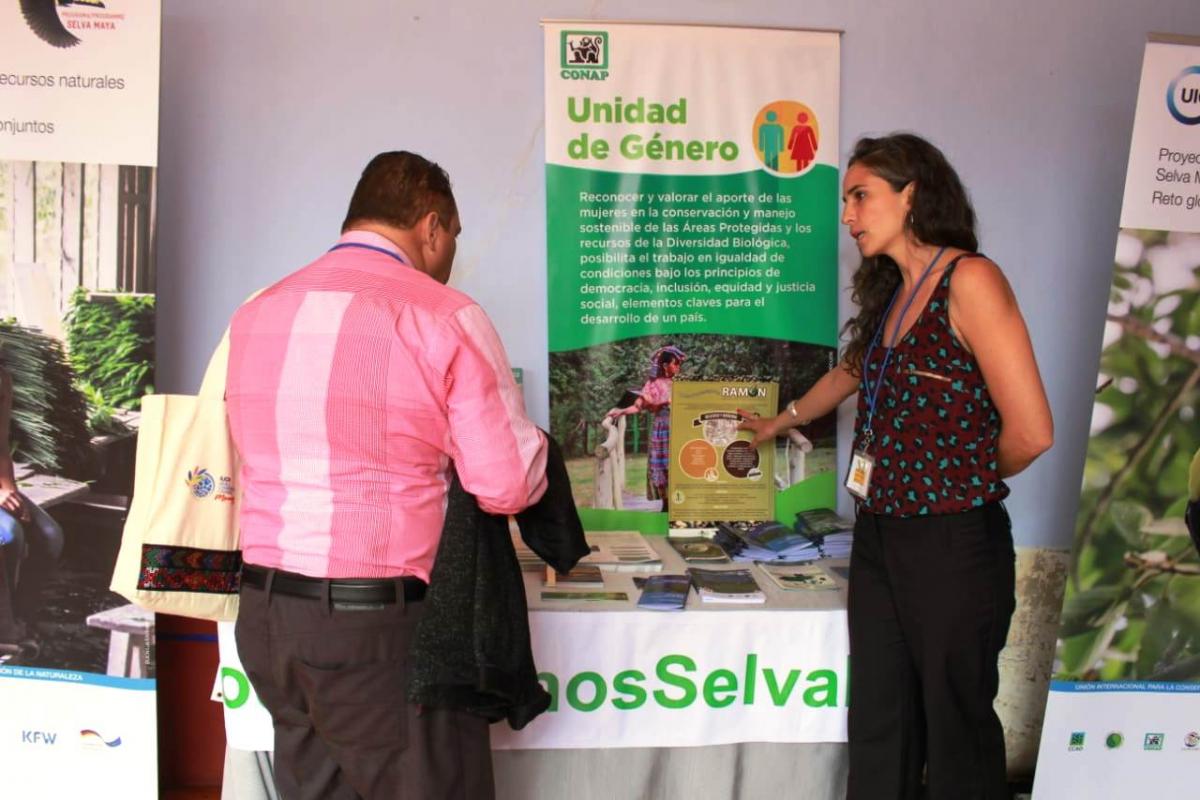Mozambique embraces biodiversity-based value chains for sustainable development
Mozambique is a country rich in terrestrial, marine and aquatic biodiversity and highly committed to its conservation and preservation. So much so that 26% of the territory is covered by terrestrial conservation areas. As a country heavily dependent on natural resources for economic development and highly vulnerable to the adverse impacts of climate change – cyclones, floods and droughts, more efforts must be made to strengthen and complement the government's current efforts to reduce biodiversity loss and increased climate resilience.

Photo: © Jonathan Timberlake
The integration (mainstreaming) of biodiversity conservation into economic sectors is a transformative goal embedded in the National Biodiversity Strategy and Action Plan (NBSAP 2015 – 2035) and the Post-2020 Global Biodiversity Framework. The pilot project BIODEV2030 is designed to support the achievement of the above national and global vision. It promotes the integration of biodiversity into economic sectors by catalysing sectoral voluntary commitments, through a multi-stakeholder dialogue based on scientific assessments. As such, it complements the efforts made by each country through its policy and legal framework for biodiversity conservation.
Funded by the French Development Agency (AFD) and coordinated by Expertise France, BIODEV2030 is implemented - by the International Union for the Conservation of Nature (IUCN) in 8 countries - Benin, Burkina Faso, Ethiopia, Fiji, Guinea, Kenya, Mozambique, Senegal - and by the World-Wide Fund for Nature (WWF) in another 8 - Cameroon, Congo, Gabon, Guyana, Madagascar, Tunisia, Uganda, Vietnam.
Identifying key biodiversity based value chains for Mozambique
During the first stage of the project from August 2020 to May 2021, a science-based diagnosis of threats to biodiversity in Mozambique was carried out and shared with key stakeholders. The process conducted under BIODEV2030 identified 3 sectors, agriculture, fisheries, mining and oil and gas as important for biodiversity, in terms of their contribution to biodiversity loss and also their importance to the economic development of Mozambique. In the second stage of the project, an assessment of the key sectors was launched in consultation with the members of the BIODEV2030 advisory committee. Two value chains for each of the aforementioned sectors were identified, based on criteria linked to their impact on the environment and biodiversity and their contribution to the sector's production.
Supporting voluntary commitments in favour of biodiversity
BIODEV2030 in Mozambique will promote voluntary commitments in the sugar cane, soya, shrimp, crab catch, heavy sands and natural gas value chains. This is expected to promote business practices that lead to a positive impact on biodiversity, which can be measured and reported.
Recognizing the importance of the involvement of all stakeholders in integrating biodiversity in the economic sectors, he BIODEV2030 team will collaborate with actors from the government, private sector, civil society organizations and communities in the implementation of actions with specific indicators that allow for measurement of the positive impact of businesses in biodiversity.
 Photo: IUCN
Photo: IUCN
Next steps
BIODEV2030 in Mozambique will facilitate a policy dialogue with the sectors expected to engage in voluntary commitments for biodiversity. Such commitments will allow them to contribute to the vision of living in harmony with nature by 2050.
 Photo: IUCN
Photo: IUCN



